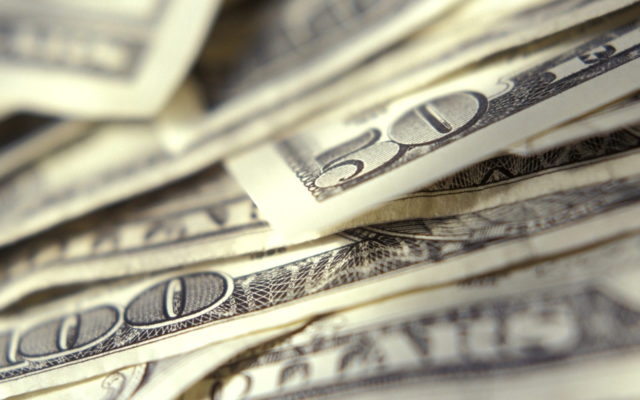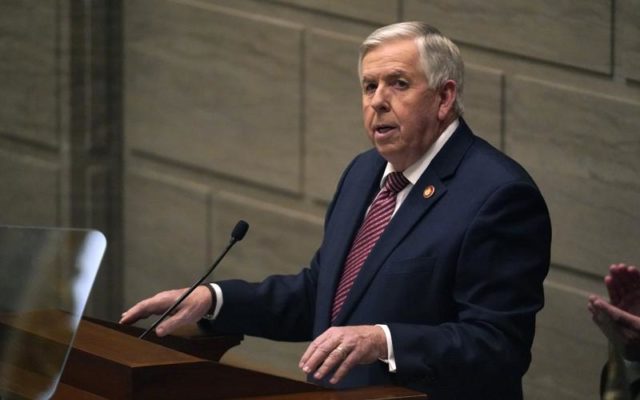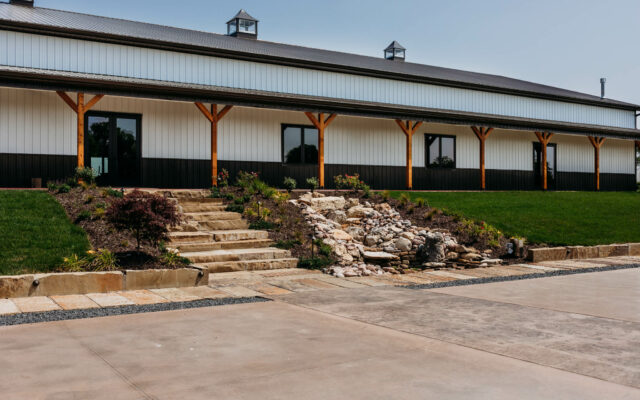ISU Study: Rural Residents Hurt More by Inflation Than Urbanites

(Radio Iowa) An Iowa State University study shows inflation is hitting rural residents harder that those in urban areas. Professor David Peters, a rural sociologist for ISU Extension and Outreach, says inflation took a bigger bite of rural household budgets throughout much of last year, but its effects were similar in rural and urban areas by year’s end.
“Over the past 10 years, inflation costs that we’re all familiar with, gas and food and everything else, has cut rural discretionary incomes by over a third,” Peters says. “What’s the discretionary income? Well, the discretionary income is essentially the money you have left over at the end of the year after you pay your taxes and pay all your expenses.” That discretionary income is critical, he says, for handling unexpected or emergency expenses. In the past two years, Peters says inflation has cost the average rural household a total of more than eight-thousand dollars.
“And that just means rural households have less money for unexpected health care costs,” Peters says. “A lot of rural people have their own health insurance, less money for unexpected home repairs, the furnace goes out, you need a new roof, unexpected car repairs, or even just for rural people to save for their own retirement or their kids’ future education.” Peters says he doesn’t foresee inflation letting up anytime soon.
“I would say likely not in the next two to three years,” Peters says. “I would say that the price increases we’ve seen are going to stay. They might not be increasing as much as they have been in the last two years, but all indications would be those inflation rates are here to stay.” The Federal Reserve recently raised interest rates in an effort to stave off further inflation, which Peters says raises the risk of the economy falling into a recession.
“People grumble about inflation and people grumble about paying more for the groceries and their gas,” Peters says, “but that’s a far less major problem than a recession where people would lose their jobs and lose their businesses.” Peters says rural households paid an extra 300-dollars per month because of inflation in 2021, but the urban-rural gap in additional expenses was modest, around 15-dollars a month. When transportation costs shot up in early 2022, largely due to higher gas prices, he says rural households felt it more. For the first two-thirds of the year, inflation cost rural households at least an extra 450-dollars per month, which is 60-to-90 dollars more than urban households.



